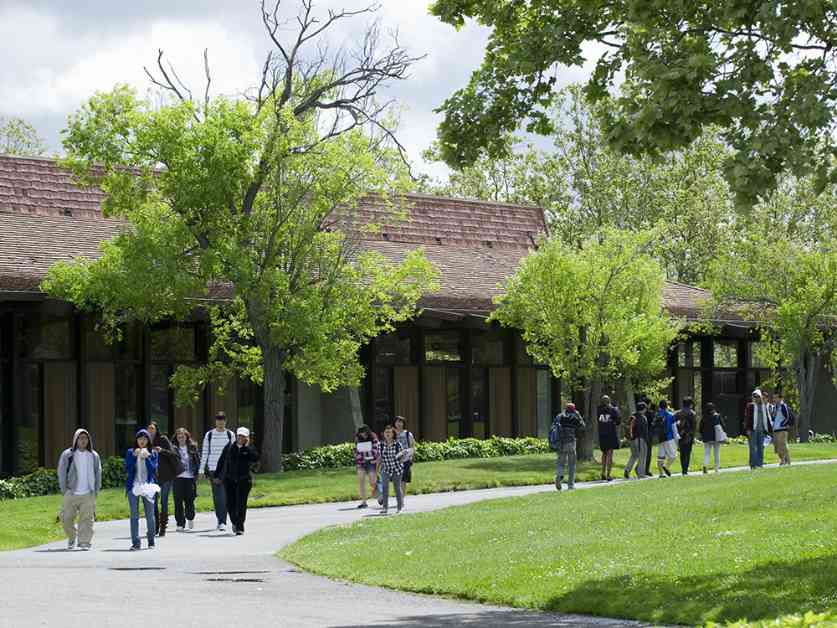California Community Colleges Ramp Up Efforts to Combat Financial Aid Fraud
Financial aid fraud at California’s community colleges has reached alarming levels, with scammers posing as students to siphon off millions in aid intended for low-income students. The Foothill-De Anza Community College District, among others, is employing innovative tactics to root out these bad actors.
Rising Fraud Rates and Losses
As the Covid-19 pandemic continues to wreak havoc, scammers have capitalized on the chaos to pilfer financial aid, resulting in unprecedented losses. State data reveals that California’s 116-college system has already lost over $7.5 million to fraud this year, dwarfing last year’s figures. Most of the aid targeted is federal, particularly Pell Grants aimed at assisting disadvantaged students.
Colleges Battle the Scourge
In response to the surge in fraudulent activity, colleges have ramped up their efforts to identify and deter scammers through a combination of enhanced human oversight and automated detection systems. Despite these measures, losses persist, underscoring the vulnerability of the college system to sophisticated fraud rings, some operating from abroad.
Root Causes and Challenges
Community colleges, known for their open access policies, have long been prime targets for fraudsters due to their lax admission criteria. The pandemic exacerbated the situation by creating conducive conditions for fraudulent activities. The shift to remote learning provided scammers with ample opportunities to exploit the nearly $2 billion in federal emergency aid available to students across colleges.
Combatting Fraud: A Complex Battle
Combatting financial aid fraud is a complex, ongoing battle for colleges, requiring constant adaptation to outwit increasingly sophisticated fraudsters. The colleges are employing a mix of traditional verification methods, such as in-person checks, and cutting-edge technologies like artificial intelligence to flag suspicious applications.
Humanizing the Issue: A Student’s Story
Spencer O’Bosky, a computer science major at Los Angeles Pierce College, shared his struggle with enrolling in essential classes due to scammers occupying spots and subsequently dropping out. His experience highlights the real impact of fraud on genuine students, who often find themselves on waiting lists, unable to secure the classes they need.
Closing Thoughts
As colleges grapple with the escalating threat of financial aid fraud, they are racing to stay one step ahead of scammers by adopting a multifaceted approach to detection and prevention. By leveraging technology, human oversight, and lessons learned from past challenges, these institutions aim to safeguard aid for deserving students and uphold the integrity of the education system.
